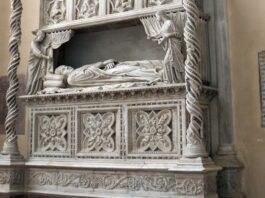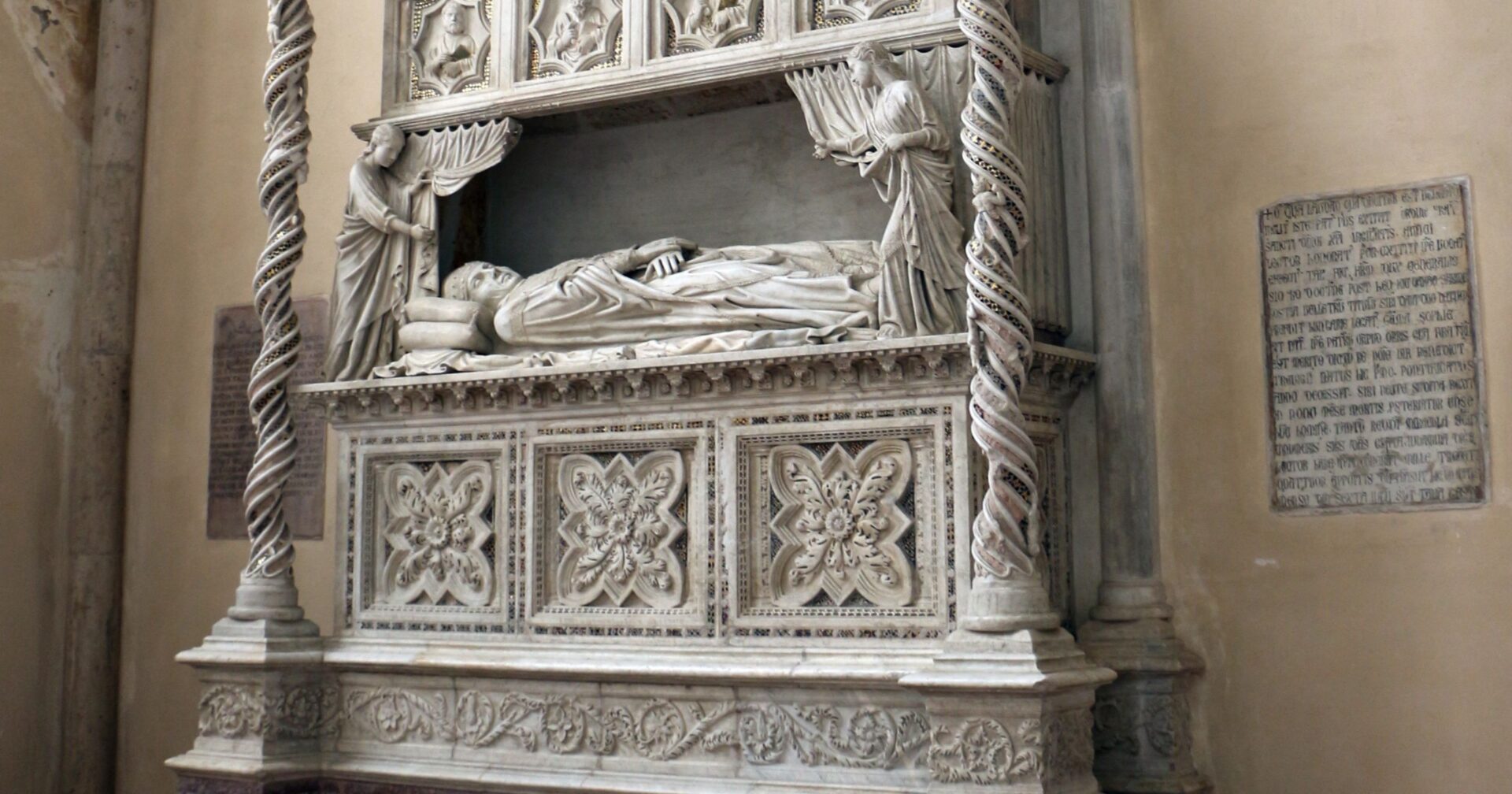
Pope Saint Benedict XI, originally known as Nicholas Boccasini, was born in Treviso, Italy, in 1240 and passed away on 7 July, 1304, in Perugia. He joined the Dominican Order when he was only 14 years old. After dedicating 14 years to his studies, he ascended to the position of lector of theology, a role he held for several years.
In 1296, amid growing hostility towards Pope Boniface VIII, Boccasini was elected as the Master General of the Order. As the leader, he issued a directive that none of his subjects should support the Pope’s opponents in any manner. He further instructed them to affirm the legitimacy of Boniface’s election in their sermons, if it was fitting to do so. Boccasini’s unwavering loyalty was appreciated by Boniface, who expressed his gratitude through various signs of favour and confidence.
Boccasini was entrusted with a critical mission to negotiate an armistice between the warring nations of England, led by Edward I, and France, led by Philip IV. He executed this mission alongside two cardinal-legates appointed by Boniface.
In 1298, Boccasini was elevated to the position of a cardinal. Later, he was designated as the Bishop of Ostia and the Dean of the Sacred College. His role extended further when Hungary was plunged into civil war. The Holy See assigned him as their representative to broker peace in the nation. Upon his return to Rome, Boccasini found himself in the midst of the intense conflict between Boniface VIII and Philip the Fair. Even when Pope Boniface VIII was overpowered by his enemies in the sacred palace, Boccasini stood by the Pope’s side, along with the Cardinal-Bishop of Sabina, to defend him against the aggression of William of Nogaret and Sciarra Colonna.
Boccasini’s loyalty was rewarded when, a month after the violence against Boniface, he was unanimously elected Pope on October 22, 1303. He took the name Benedict XI. The major accomplishment of his pontificate was the reconciliation with the French court. However, his reign was abruptly ended after just eight months when he suddenly died in Perugia. There were suspicions, not entirely unfounded, that his untimely death was a result of poisoning by William of Nogaret.
Benedict XI was beatified in 1773, and his feast is celebrated on July 7th in Rome and throughout the Dominican Order. He left behind a wealth of written works, including a collection of sermons and commentaries on parts of the Gospel of St. Matthew, the Psalms, the Book of Job, and the Apocalypse.
Photo credit: Sailko via Wikimedia Commons
The post Pope Saint Benedict XI appeared first on uCatholic.
Daily Reading
Tuesday of the Thirty-fourth Week in Ordinary Time
Reading 1 RV 14:14-19 I, John, looked and there was a white cloud, and sitting on the cloud one who looked like a son of man, with a gold crown…
Daily Meditation
Do Not Be Led Astray, Do Not Fear
Click here for daily readings In this somewhat confusing Gospel passage Jesus says two things in particular that stand out to me. “Take heed that you are not led astray”…




